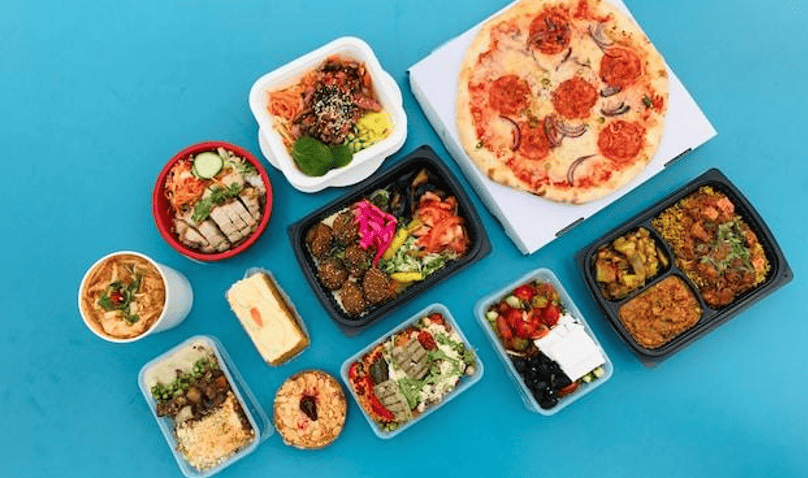The Importance of Food Wrapping Paper A Sustainable Approach to Preservation
Food wrapping paper is an essential component of food preservation and presentation, playing a significant role in the culinary world. As consumers become increasingly conscious of sustainability and environmental impact, the choice of wrapping materials is more important than ever. This article explores the various types of food wrapping paper, their benefits, and the shift towards eco-friendly options.
Traditionally, food wrapping paper has been made from materials such as waxed paper, plastic wrap, and aluminum foil. Each of these materials serves specific purposes. For instance, waxed paper is excellent for wrapping sandwiches, cookies, and other dry foods, providing a barrier that keeps moisture in while preventing external contaminants. Plastic wrap is versatile and clingy, making it ideal for sealing containers and keeping food fresh. Aluminum foil, on the other hand, is perfect for cooking and baking, as it can withstand high temperatures and helps retain heat.
However, the environmental impact of these materials has raised concerns. With the increasing volume of plastic waste polluting our oceans and landfills, many consumers are seeking alternatives that align with a more sustainable lifestyle. This has led to a rise in the popularity of eco-friendly food wrapping paper made from materials such as beeswax, parchment, and recycled paper.
food wrapping paper

Beeswax wraps, for example, have gained attention for their ability to be reused multiple times. Made from organic cotton infused with beeswax, tree resin, and jojoba oil, these wraps create a breathable seal that keeps food fresh while being compostable at the end of their life cycle. Similarly, parchment paper is a biodegradable option that is ideal for baking and food prep, offering a non-toxic surface that doesn't leach harmful chemicals into food.
Moreover, the shift towards using recycled paper for food wrapping is not just beneficial for the environment but also promotes a circular economy. Many manufacturers are now innovating by producing food wrapping paper from post-consumer waste, thus reducing the demand for new resources. This not only helps in managing waste but also encourages consumers to make more environmentally friendly choices.
In conclusion, food wrapping paper plays a crucial role in food preservation and is an important consideration in the sustainability movement. By opting for eco-friendly alternatives, consumers can significantly reduce their environmental footprint and promote a healthier planet. As awareness and innovation continue to grow, the future of food wrapping will undoubtedly become more sustainable, paving the way for a greener culinary experience. Embracing these changes not only benefits our immediate surroundings but also supports a legacy of conscientious living for future generations.



